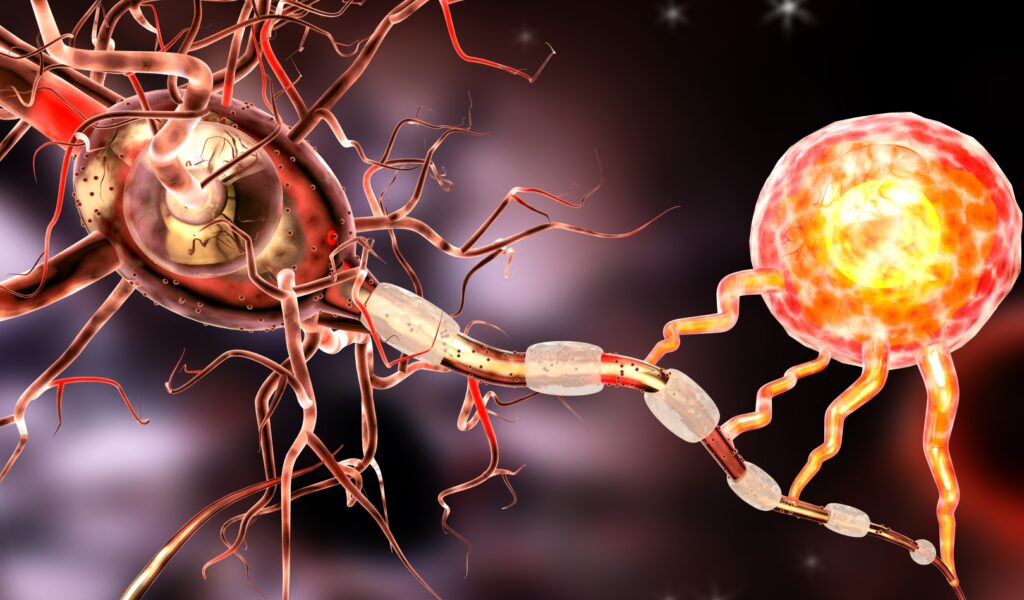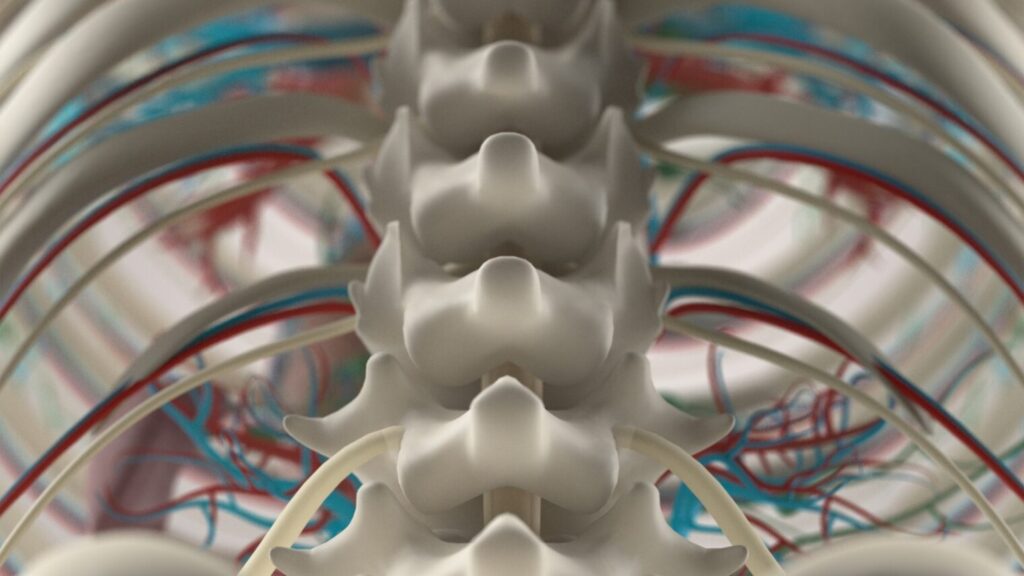RDW: Another Marker for Gluten Sensitivity? with Cristina Persa, MD(RO), MS, ND
The red blood cell distribution width (RDW) is a measure of the variation of red blood cell (RBC) size that is reported as part of a standard complete blood count (CBC). Usually red blood cells are a standard size of about 6-8 μm. An elevated RDW (red blood cells of unequal sizes) is known as […]
RDW: Another Marker for Gluten Sensitivity? with Cristina Persa, MD(RO), MS, ND Read More »










